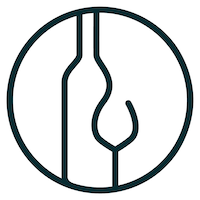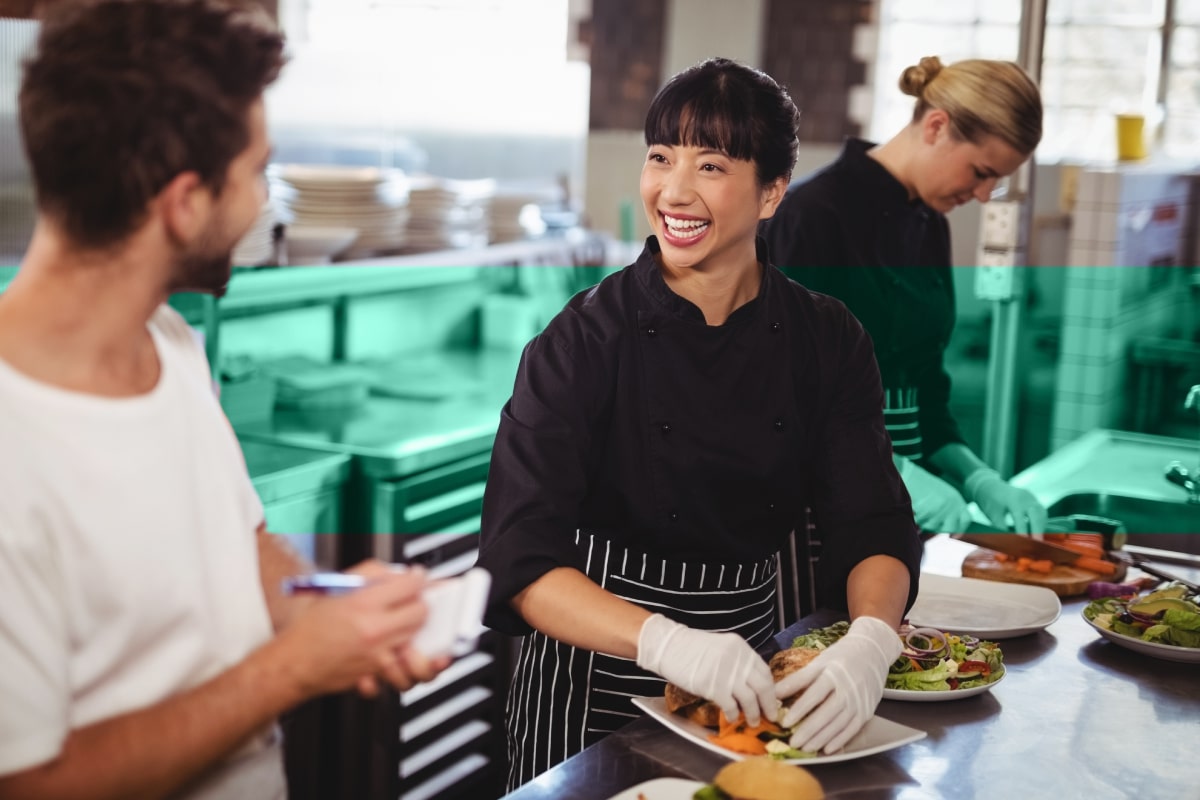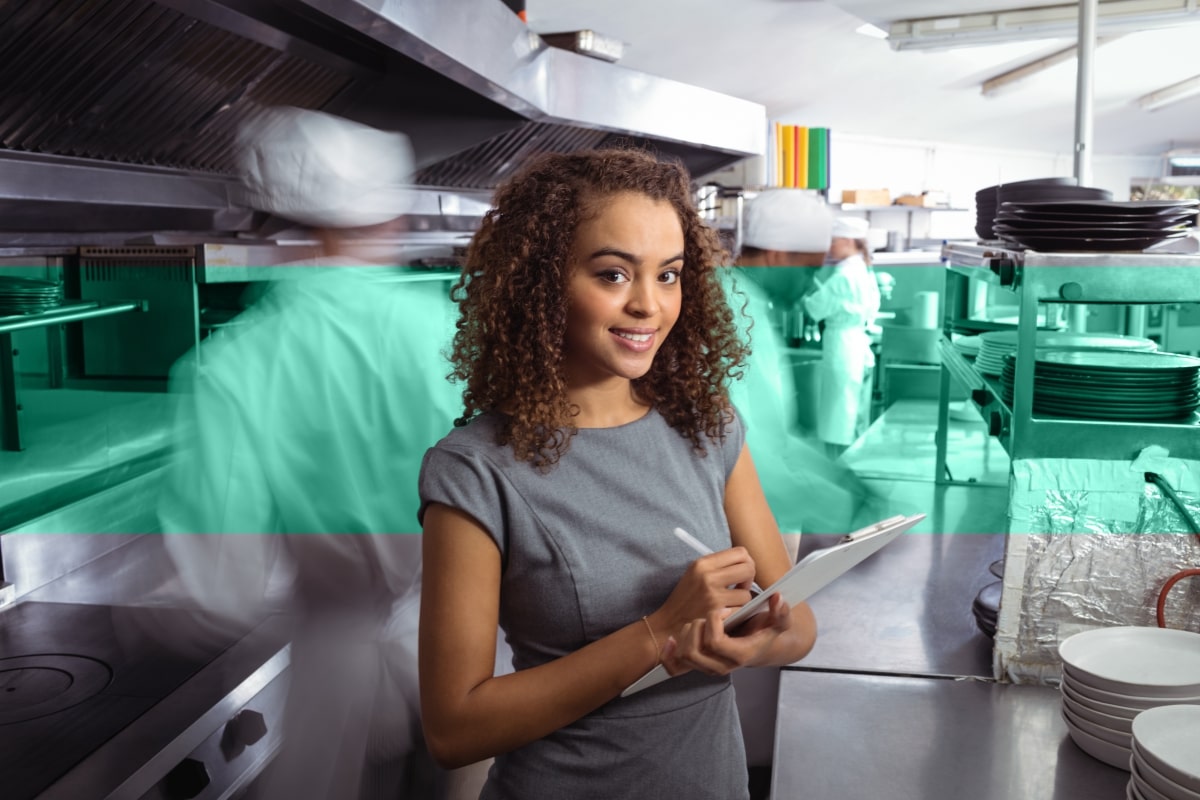
The path to becoming a skilled barista can be both exciting and challenging. Whether you are just starting or looking to refine your skills, understanding how long it takes to become a barista and the steps involved is crucial. Let’s break down the process to help you gauge how long it might take to become proficient in this rewarding career.
Start With a Nationally Accredited Barista Course
Enrolling in a nationally accredited barista course gives you essential barista knowledge and practical skills. These courses typically cover a broad spectrum of barista duties and help you understand the intricacies of coffee making. A barista course accreditation shows that you are committed to the role, giving you an edge over other candidates without more formal education.
What You Need to Learn
To become a good barista, you need to learn a range of skills so that you can pour the perfect espresso and many other coffee-based beverages.
Loading and Tamping Coffee
The act of loading and tamping coffee is fundamental. This process involves packing the coffee grounds evenly and with the correct pressure to ensure a balanced flavour. It requires practice and precision.
Adjusting Grinder and Espresso Machines
Tweaking the grinder and espresso machines to achieve the perfect brew involves understanding grind size, dosage, and machine calibration. Learning to make these adjustments can take some time and involves a lot of trial and error.
Milk Texturing
Whether it’s frothing milk for a cappuccino or steaming it for a latte, achieving the right consistency and temperature is crucial. This skill requires practice and an understanding of different milk types and how to steam them.
Latte Art
Latte art is a beautiful and impressive skill that sets good baristas apart. It involves pouring steamed milk into espresso to create patterns on the surface. Developing this skill often takes several months.
Cleaning and Maintaining Coffee Machines and Grinders
Regular cleaning and maintenance of your equipment are essential to ensure the longevity and performance of your machines. Knowing how to properly clean and care for your tools is a critical component of being a good barista.
Safe Food Handling Practices
Understanding and adhering to safe food handling practices is critical in preventing the spread of foodborne illness. Knowledge of hygiene standards, proper storage techniques, and cross-contamination prevention are critical.
Learn From Co-Workers
One of the best ways to improve your barista skills after you have completed your course is to learn from your co-workers. Experienced baristas can offer valuable insights, tips, and techniques that you may not have learned. Observe and ask questions to accelerate your learning curve. Being open to feedback and willing to learn is an important part of your development.
Learn About Various Types of Coffee
Understanding different types of coffee beans, their origins, and their flavour profiles is essential. This knowledge helps you to educate and engage with customers. Tasting different coffees and learning about their characteristics is enjoyable and educational.
When Will I Be a Good Barista?
The timeline for becoming a good barista varies for everyone. Some may feel confident and competent after a few months, while others may take a year or more to reach that level. Embrace the learning curve and take pride in each small improvement. Consistent practice, ongoing learning, and a passion for coffee are essential to your progress.
Becoming a good barista is a process that involves formal education, practical experience, and continuous learning. By taking the right steps and dedicating time to practice and refine your skills, you will become proficient. Remember, the journey to becoming a good barista is as rewarding as the destination.





